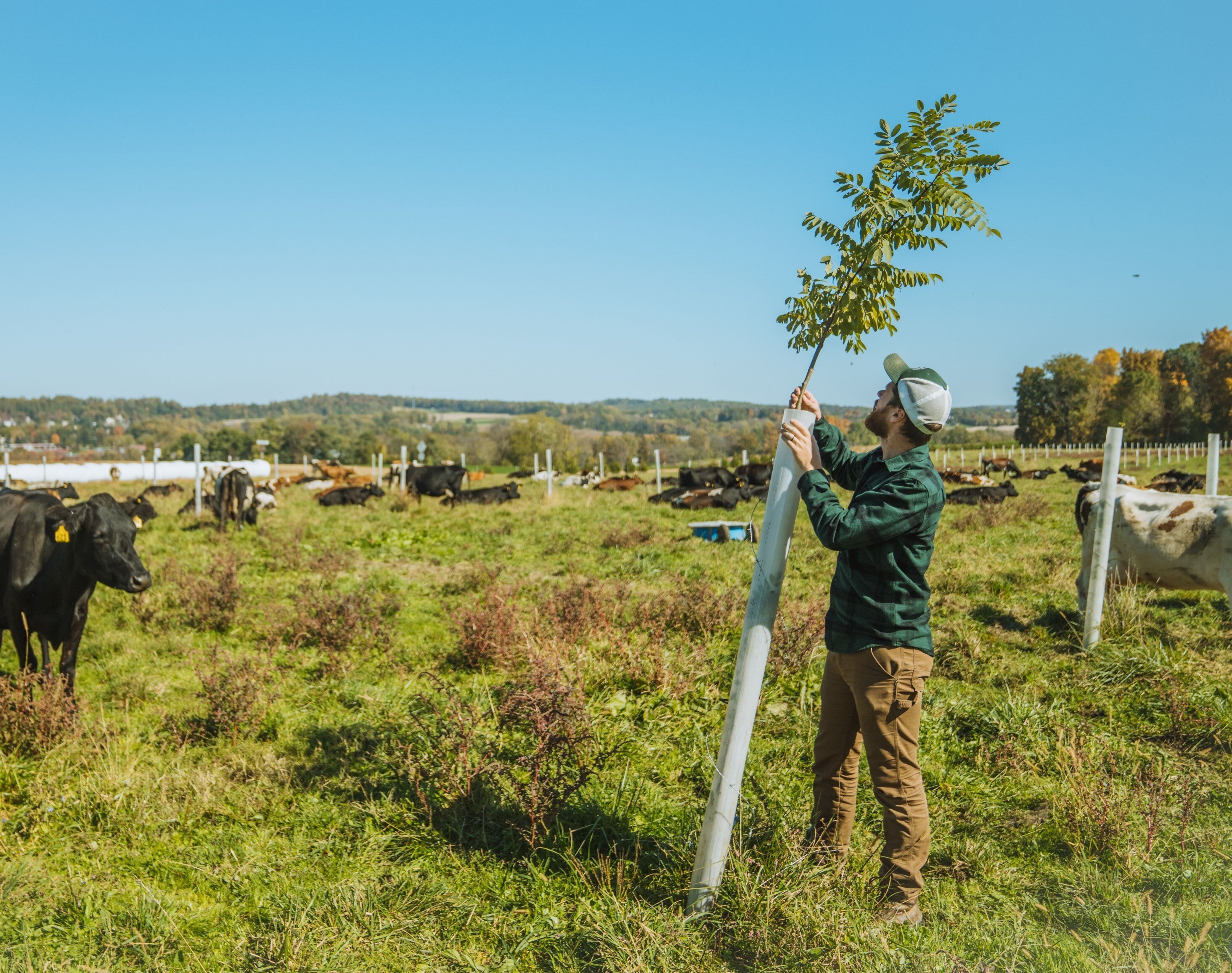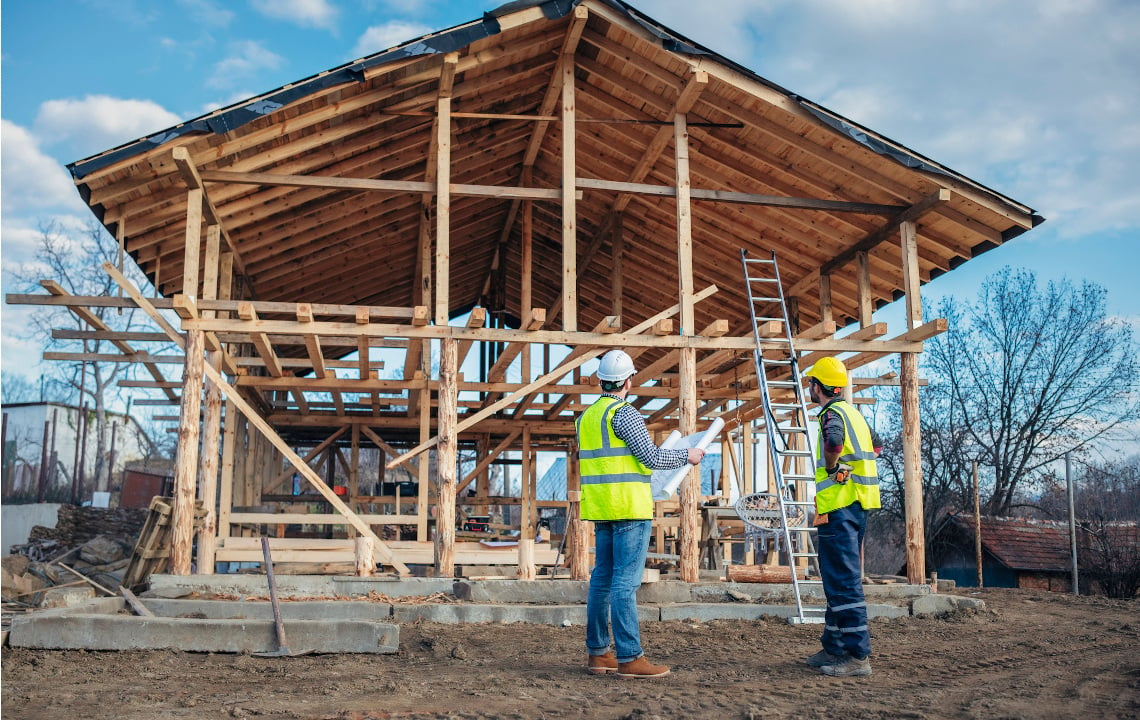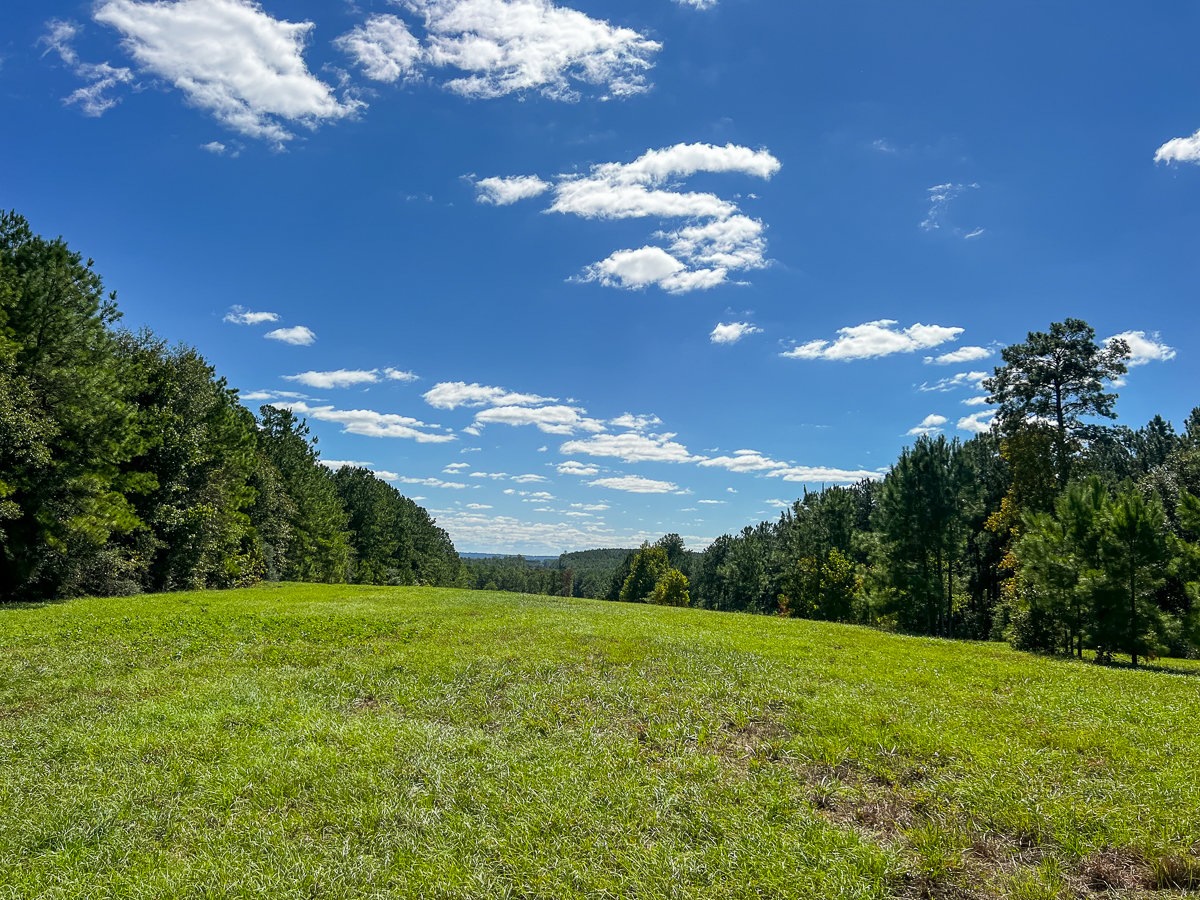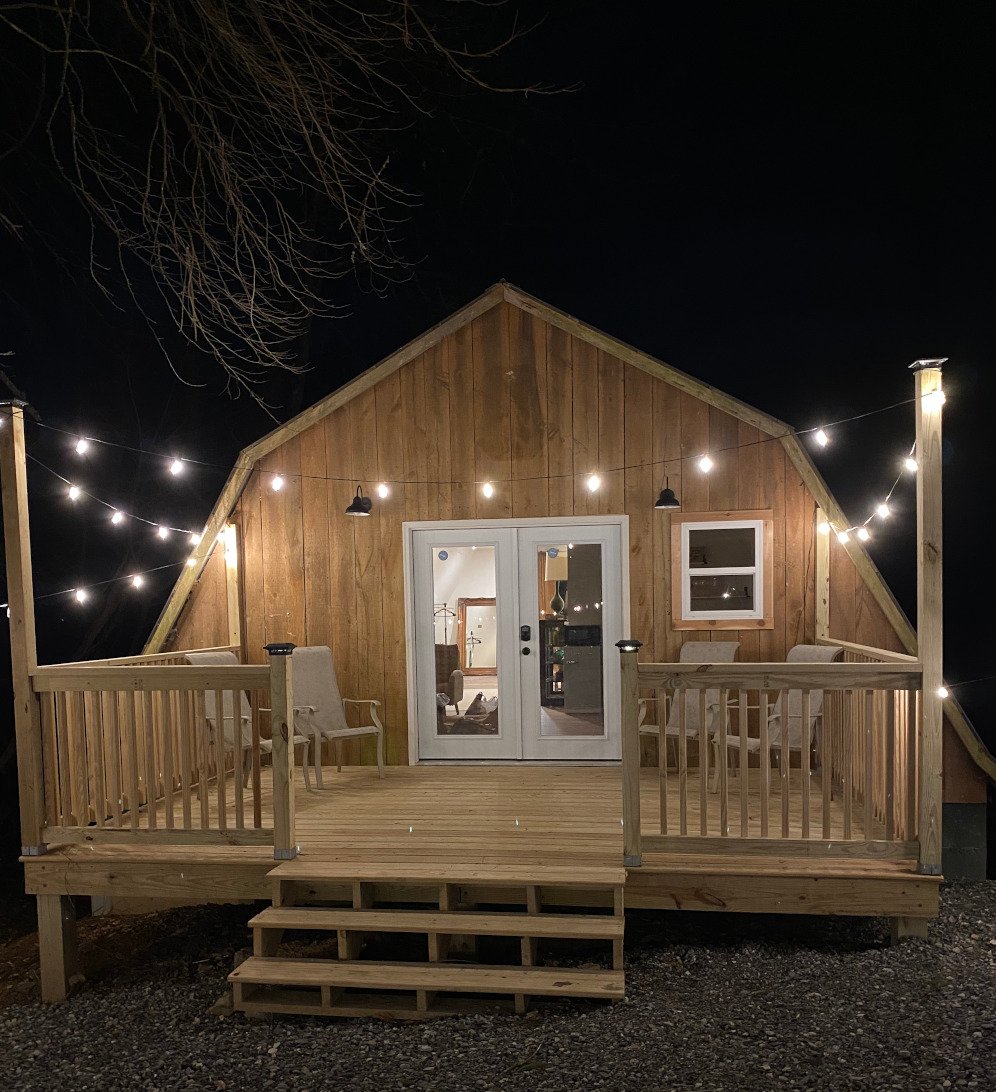When it comes to purchasing property with problems, the adage about making lemonade out of lemons loses its cheeriness. You want to buy land that suits your needs the first time around.
The best advice is to seek local service providers such as surveyors, lawyers, environmental consultants and title firms to assist you in ensuring there aren’t red flags on the property.
 Adam Godfrey, who worked for Rethink:Rural's parent company, Raydient Places + Properties, at the time of this interview, shared his thoughts on what to consider when buying rural property.
Adam Godfrey, who worked for Rethink:Rural's parent company, Raydient Places + Properties, at the time of this interview, shared his thoughts on what to consider when buying rural property.
1. Make sure the seller actually owns the land.
Time and multiple owners can make a property’s history murky. A deed can be incorrectly issued. Request time to conduct a title search before the sales agreement is finalized to make sure the seller actually has the right to sell you the land.
2. Find out whether you will have sufficient access to the property.
There are two types of access: legal and prescriptive. Legal access can take the form of having frontage on a county or state road or it can take the form of a recorded easement. Alternatively, prescriptive access occurs when the owner of the property enters their property via an adjacent landowner over a certain period of time. The best way to confirm access to a property is via a survey and title search.
3. Make sure the property will suit what you plan to use it for.
Ask about the topography. How much is wetlands? How much is upland? Check on zoning. “If you’re buying 30 acres and you want to build a house on it, you better make sure that it is zoned for that,” says Godfrey.
4. Find out if utilities are available, and what it will cost to connect them to the property.
Consider the costs of getting power, water and sewage services to the property. Who pays varies from state to state. “In Texas, the property owner has to pay a significant amount of money to get power,” says Godfrey. In some areas, there may be an electrical cooperative service area, where some of the expense may be paid by the co-op. If municipal water and sewage isn’t available, you’ll incur costs to dig a well and add a septic tank.
5. Find out whether the property comes with mineral rights.
What mineral rights, if any, do you obtain with the property? Oil and gas? Sand and gravel? If others own these, how does that affect your property? Will they disturb the surface? Must they compensate you for damage? A title search and a subsequent mineral title search is the way to find out.
6. Find out the property's "history."
Looking for land? View country properties for sale from Texas to Florida at RaydientPlaces.com.
























